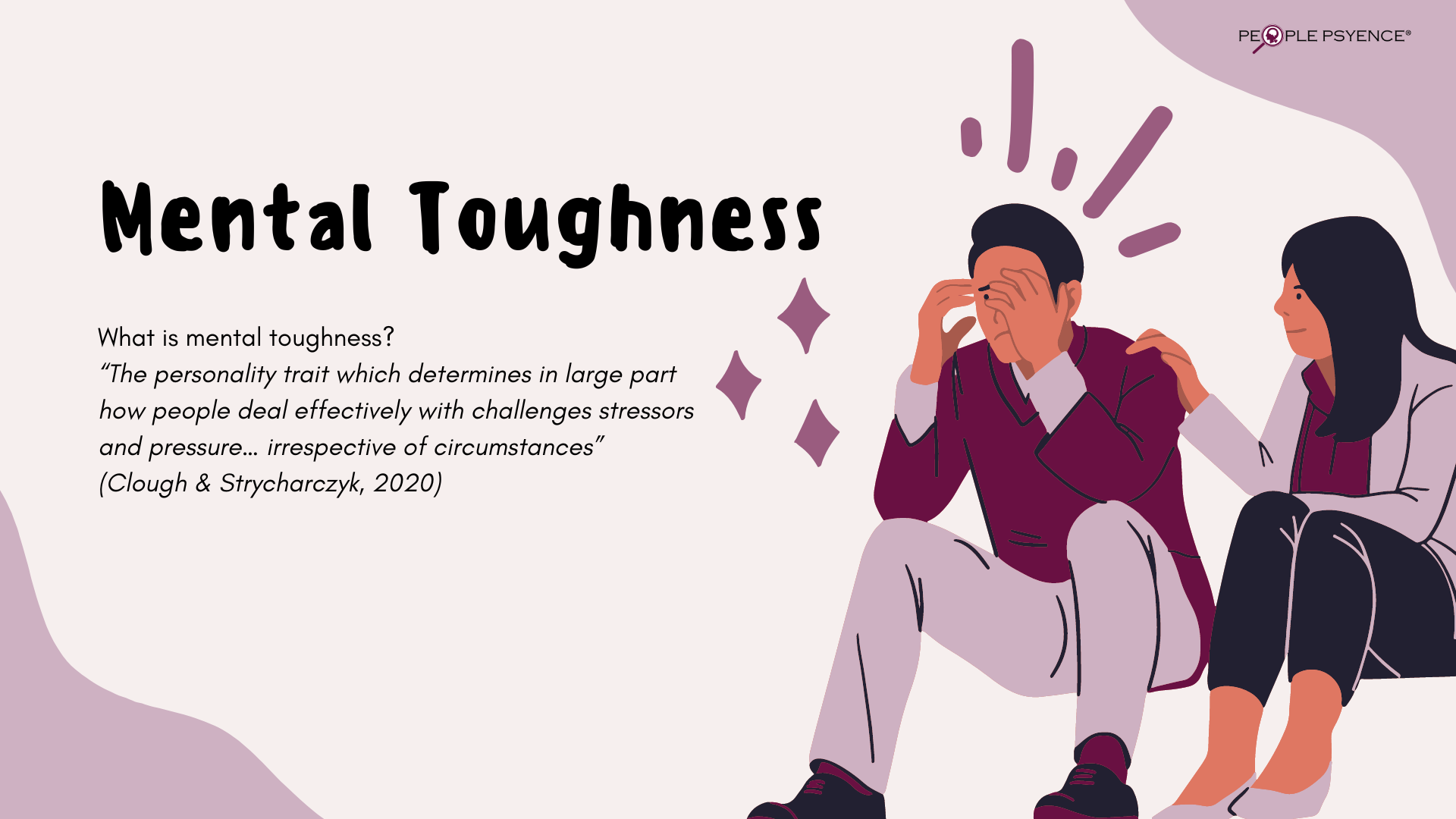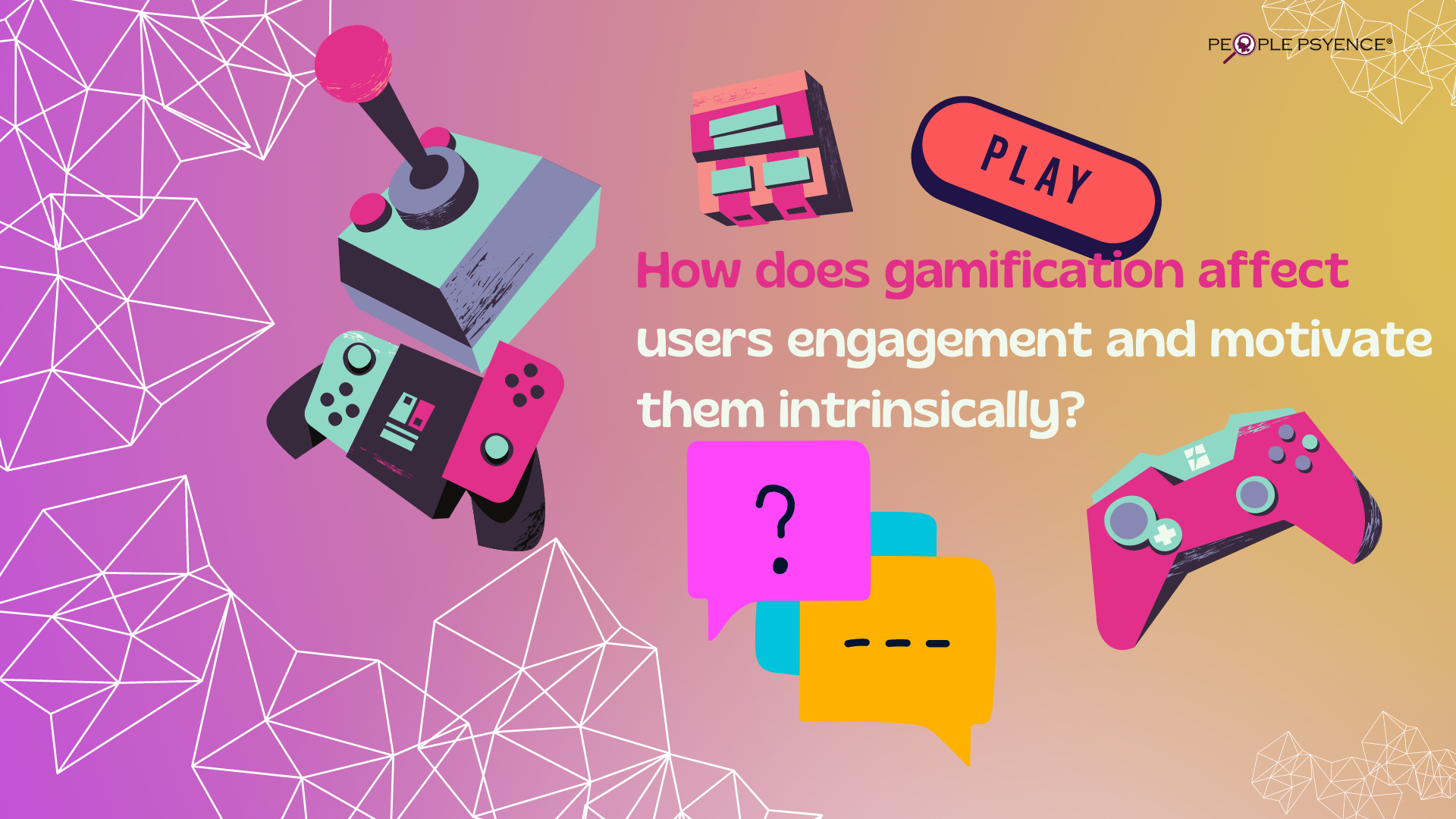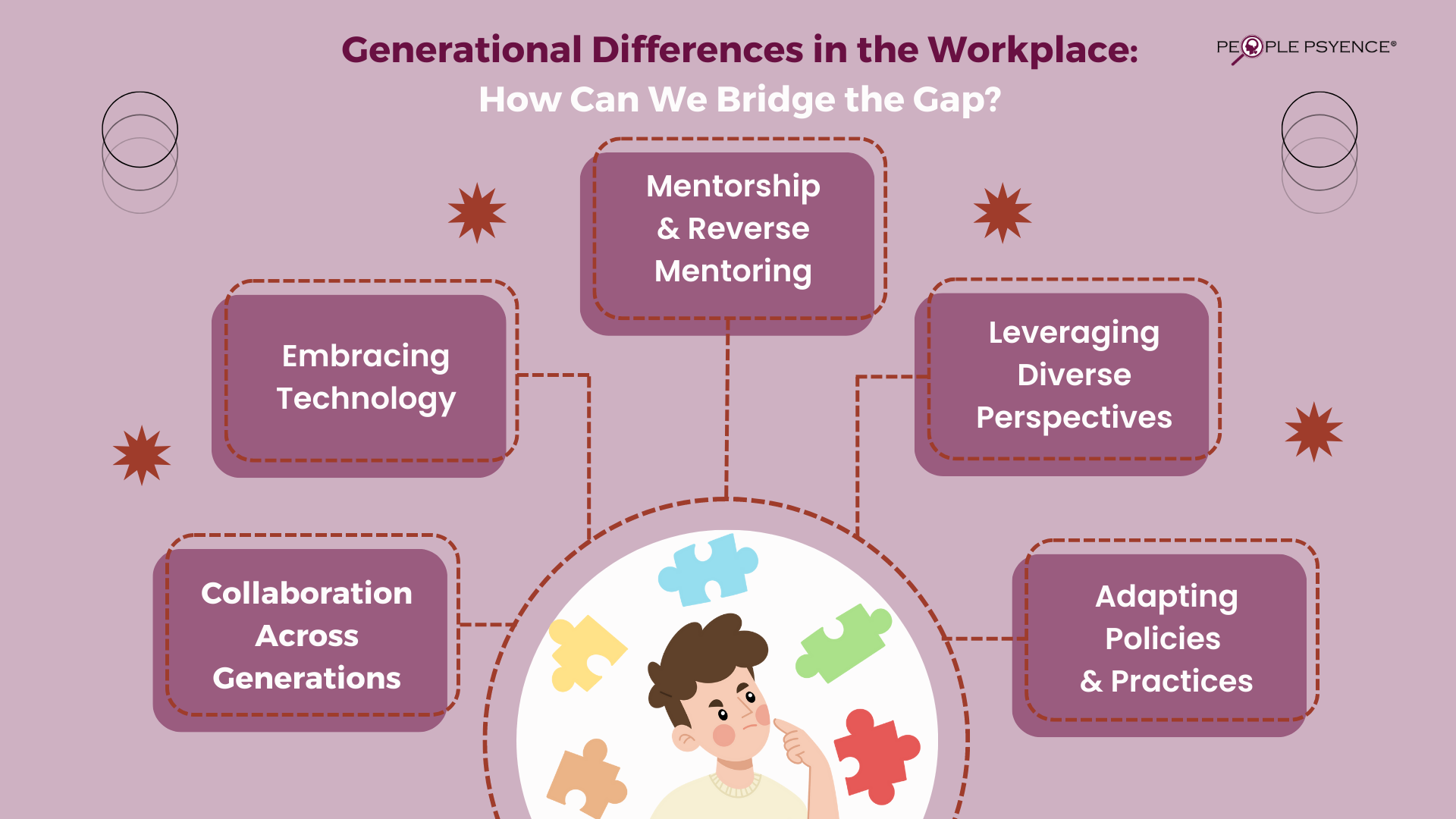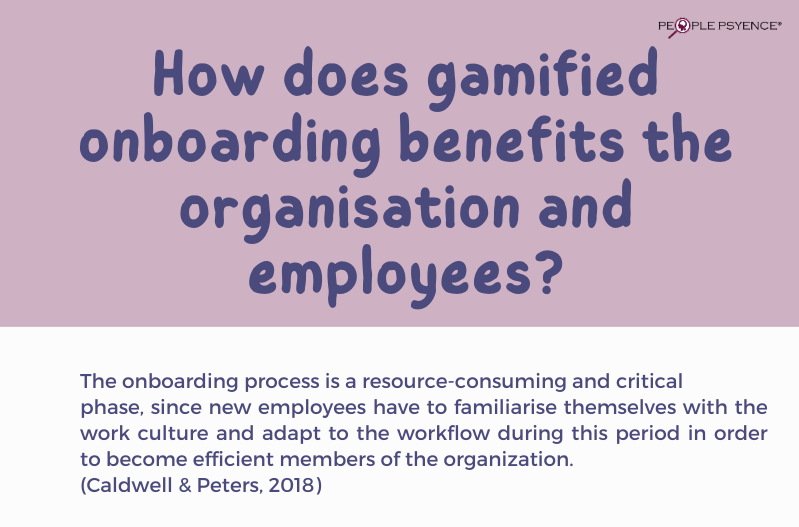The world we live in today is undoubtedly full of pressures from our personal lives, work and even society. Different people respond to stress differently. Some view it as a motivation that drives them to perform higher, however, others may respond differently. It all depends on the mental toughness of each. So, what is mental toughness?
Let’s go way back to when Plato discovered the four Cardinal Virtues where one of which is called fortitude or courage. Sir (2021) described courage as a virtue of the emotional aspect of the soul, which allows one to overcome the fear of pain and the temptation of pleasure. This can be seen as similar to what we call mental toughness. A crucial aspect of mental toughness is how well someone handles situations that could potentially be stressful.
From a theoretical view, resilience and hardiness are the two main theoretical roots of mental toughness and both emerged from health psychology. Resilience is the ability to recover quickly from change, challenges or setback encountered. As for hardiness, Kobasa introduced this as a more proactive element to the idea of resilience and defined it as an individual’s ability to bear difficult conditions, perceiving adversity as an opportunity to show what they can perform and achieve. These two are what primarily make up the term mental toughness where the concept itself is seen as a proactive response to a situation.
These qualities can be measured with Mental Toughness Questionnaire (MTQ) by AQR International where it assesses our mindset on 8 scales – the four C’s and two additional subscales for each. The MTQ examines how we think, which is a major factor in the evolution of behaviour and characteristics.

The first component, Control, is expressed as how much a person thinks they have enough control over their lives, their situations, and themselves to accomplish what is important. The second element, Commitment, indicates the degree to which we make promises, especially those that are concrete and quantifiable, and the degree to which we are committed to fulfilling those promises. As for the third component called Challenge, this aspect of mental toughness deals with how each of us reacts differently to difficulties. The last component is called Confidence, which is an evaluation of one’s level of self-belief. All these four components are what is being developed in the 4C’s model by Professor Peter Clough and is very much associated with sports, education and the workplace.

Let’s further explore the importance of mental toughness. It is known that mental toughness and wellbeing improve attendance, quick recovery from setbacks, and overcoming difficulties and tough days more skilfully. Additionally, according to studies, there is a positive correlation between mental toughness and aspirations where in comparison to the average, the psychologically tough seem more ambitious. Mental toughness also affects the performance of an individual in terms of volume and work quality. A study by Gucciardi, Hanton, Gordon, Mallett, and Temby showed that mental toughness was directly related to higher levels of supervisor-rated work performance in a sample of 497 employees in Australia (Lin, Clough, Welch & Papageorgiou, 2017). This finding implies that people with higher degrees of mental toughness are more likely to experience and achieve successful outcomes at work. Thus, with the current volatile and ambiguous world that we are currently living in, that is when mental toughness comes into question when facing complex situations. This can be seen in how mental toughness plays a huge role in the occupational, educational, health and sports worlds.
To find out more about Mental Toughness, click on the links below to the webinars that we did with AQR International!
For any enquiries, click on the link below to contact us!






